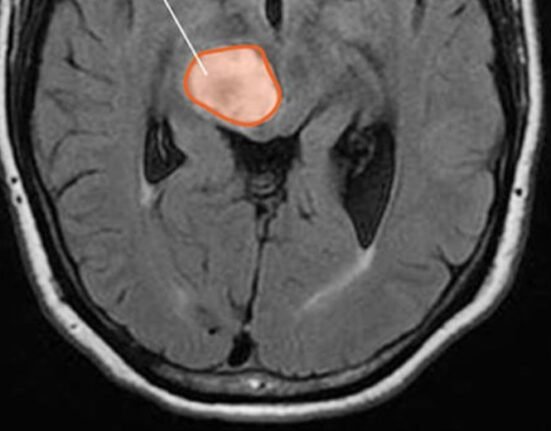HQ Team
July 4, 2024: Swiss drugmaker, Roche, halted a lung cancer trial after it failed to meet the goal of progression-free survival compared to an existing treatment of Merck & Co.
Roche’s mid-and final stage studies evaluated tiragolumab plus Tecentriq (atezolizumab) and chemotherapy versus pembrolizumab and chemotherapy as an initial (first-line) treatment for people with previously untreated, locally advanced unresectable or metastatic non-squamous non-small cell lung cancer.
The studies “did not meet its primary endpoints of progression-free survival… and overall survival,” according to a Roche statement.
The combination of tiragolumab plus Tecentriq and chemotherapy showed “reduced efficacy” in both progression-free survival and overall survival compared to the pembrolizumab combination.
‘No new unexpected findings’
“The overall safety profile remains consistent with the safety profile previously observed for the combination of tiragolumab plus Tecentriq and chemotherapy, and no new or unexpected findings were identified. Based on these results, patients and investigators will be unblinded and we intend to halt the study.”
Tecentriq is a cancer immunotherapy treatment of Roche that has the potential to be used as a “foundational combination partner” with other immunotherapies, targeted therapies and various chemotherapies across a broad range of cancers.
Drug tiragolumab activates the immune system to exert a T-cell-mediated immune response against cancer cells. It is a class of drugs named as anti-TGIT.
TIGIT, a member of the Ig super family and immune inhibitory receptor, plays a key role in the suppression of T-cell proliferation and activation. It is involved in tumour cell immune evasion and the inhibition of antiviral immune responses.
Find and kill
Pembrolizumab, sold under the brand name Keytruda by Merck, is a humanized antibody used in cancer immunotherapy that treats melanoma, lung cancer, and head and neck cancer, among other cancer types. It is administered by slow intravenous injection.
It stimulates the body’s immune system to fight cancer cells. Pembrolizumab targets and blocks a protein called PD-1 on the surface of certain immune cells called T-cells. Blocking PD-1 triggers the T cells to find and kill cancer cells.
A communication that Roche has decided to halt the trials will be sent to the investigators and results will be shared with health authorities and subsequently presented at an upcoming medical meeting, according to the statement.
“These results are disappointing as we hoped that this combination might yield improved outcomes for people living with metastatic non-squamous lung cancer,” said Levi Garraway, MD, PhD, Chief Medical Officer and Head of Global Product Development.
Evaluation
“We will leverage the learnings to inform our scientific understanding of the anti-TIGIT pathway and new avenues in cancer research.” Based on the results, “we will evaluate any relevant changes needed to the ongoing tiragolumab programme,” he said.
Non-small cell lung cancer is a disease in which malignant cells form in the tissues of the lung. Smoking is the major risk factor for non-small cell lung cancer.
Signs of non-small cell lung cancer include a cough that doesn’t go away and shortness of breath. For most patients with non-small cell lung cancer, current treatments do not cure the cancer, according to the National Cancer Institute.








